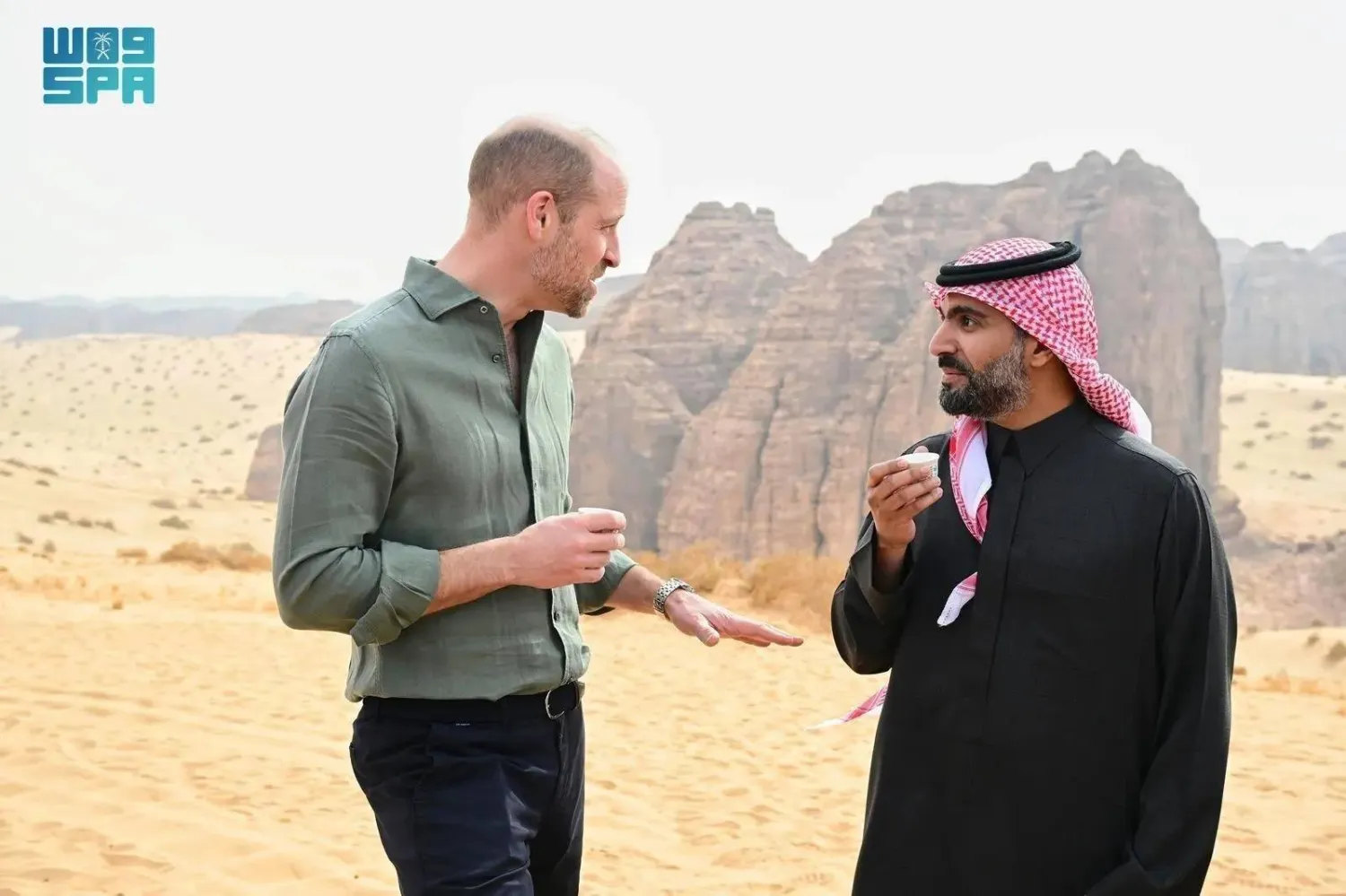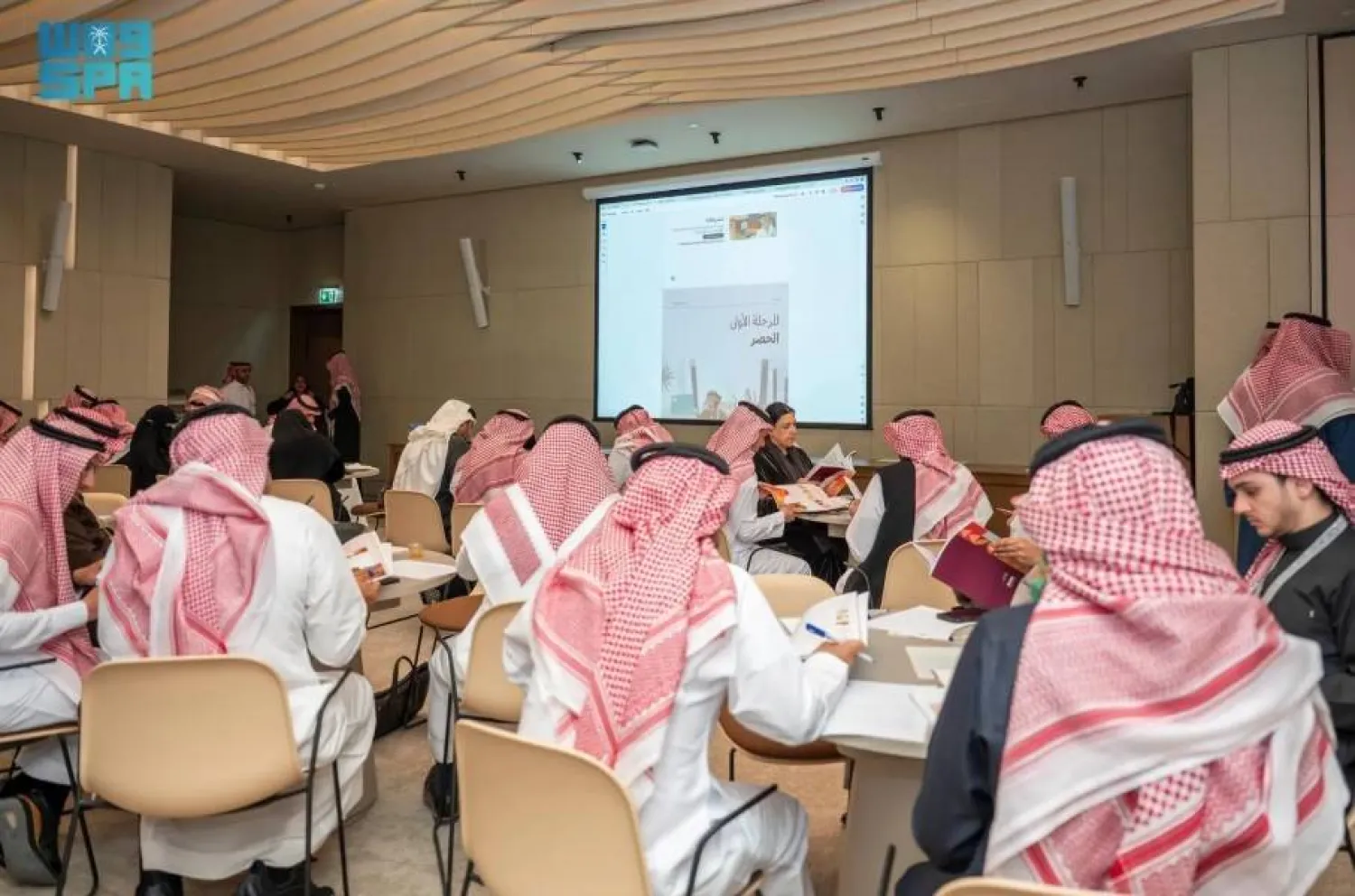The Arab Week will open on Monday at the United Nations Educational, Scientific and Cultural Organization (UNESCO) headquarters in Paris.
The event plays a significant role in advancing Arab and international cultural and civilizational efforts, contributing to the progress of education, culture, and science at regional and global levels.
This is the first time in over half a century that Arab countries have organized an Arab Week at UNESCO. The event is spearheaded by the Saudi National Committee for Education, Culture and Science, which reinforces the Kingdom's position in regard to cultural dialogue and coexistence.
The event celebrates the rich cultural heritage of the Arab world through literature and arts. It also provides opportunities for intercultural dialogue, with all Arab countries showcasing the richness and diversity of Arab culture and civilization, promoting intercultural understanding, and contributing to cultural development.
Arab Week at UNESCO features 22 spaces dedicated to Arab countries, each showcasing different aspects of the Arab culture. Seven seminars will focus on topics such as Arabic language, Arabic calligraphy, Arabic literature, AI, education, fine arts, intangible cultural heritage, and world heritage.
The Arab Week will also be an occasion to display activities such as musical performances, handicrafts, Arab fashion, and Arab cuisine. Attendees will also have the chance to explore a cultural exhibition, an Arabic calligraphy exhibition, a photography exhibition of heritage sites in the Arab world, and an exhibition of Arab cultural products.
The committee's work aims to represent the Kingdom in regional and international organizations concerned with education, culture, communication, and information. It focuses on preparing and providing support for cooperation with international and non-profit organizations, building communication bridges, and leveraging all capabilities to foster initiatives that enhance cultural dialogue between Arab countries and the rest of the world. This effort culminates in the significant initiative of Arab Week at UNESCO, which has received the support and endorsement of the Arab countries, and which will highlight their historical diversity and cultural pluralism, as well as their values rooted in a rich cultural and civilizational heritage.









